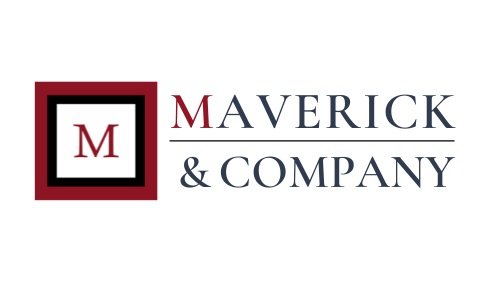HOW TO SCALE: Why Bigger is Different & What to Do About It
If you want to scale, or if you’re trying to deal with growth that has already happened, there is something you need to know.
Most people think scale is about more. You create more business with more sales to more customers. You handle more business with more hard work, longer hours and hiring more people.
Owners think they can keep doing more by doing more of what worked in the past.
But it doesn’t work. And even though they now work more hours on more days, they somehow end up with even more problems.
So they have more meetings. And those meetings take more time. They hire more people. They get more frustrated as more things get missed. They fight more fires and fight harder but they just can’t keep up. (Click HERE for more on how to know your problems are more than just growing pains.)
Why?
The truth, that a lot of people don’t know, is that BIGGER is different. Not a little different. A LOT different.
It’s as different as going from playing baseball to playing football. A lot of the same skills and abilities are useful but the game itself is fundamentally different.
Here’s how growth changes things:
More front-line work means you are dealing with more customers, more decisions, more potential problems, more costs and more revenue.
More people to do the front-line work means you have more to organize, more to train, more to manage, and more potential problems.
More managers add entirely new layers of complexity to how things get done. Information needs to be relayed to them and through them, up to leadership and back down to front-line people. There are more people to involve in decision making, which takes more time.
More space is often needed to house everyone. You might add offices or workspace or even new locations. Everyone is more spread out which changes how often you see people and how easy it is to communicate.
In small companies, it’s possible (although not advisable) to manage mostly informally. Everyone works close to the work itself and to one another. It’s easier to have conversations and make decisions and keep an eye on everything. People talk all the time. Everyone knows everyone, how things work and what to do.
Managing this way, informally, is managing by TOUCH. You check in with people to get updates, deal with issues or make decisions. YOU (and a few key people) ARE the structure. And as long as you stay small, managing by touch can (kind of) work.
Each new stage of growth makes it a little more complicated and a little tougher to stay on top of everything. You’re not there to get the information, see the problems or solve them.
As you grow you add more people, more problems, more locations and more layers. You and your key people have more to do over a larger number of people and areas. You aren’t always able to be there to make sure things are done the way you wanted or help team members solve problems the way you used to. You don’t have the luxury of checking in as often as when you are small.
You can’t solve this kind of problem by just working harder. There is now too much to do and too many problems. No matter how hard you work, you’ll never be able to catch up.
So if working hard or hiring more people won’t work, what will?
INFRASTRUCTURE.
You need to replace your old, informal systems and processes with new ways to gather information and make decisions. You need to change the ways you organize your people and work, how you assign resources, and the tools you use (or need to build) to track results and hold people accountable.
You need to shift your focus from solving problems to building structures, from effort to strategy, from working IN your business to working ON your business. In short, you need to build formal infrastructure: the tools, systems, processes, and skills you need to handle all that work, and all those decisions.
You can’t just work harder. You have to work smarter and with a very different focus.
If you don’t replace those informal structures, if you don't build real systems and process, if you don’t train your people to do what you (and a few key people) have been doing, growth will mean you no longer have a way to make sure things get done right or done at all.
You’ll spend more time in more meetings.
You’ll have more ugly surprises to deal with.
Your people will get more burned out, your customers more frustrated and you will miss your chance to build something great.
If you are ready to get into action on your infrastructure, but not sure exactly what you should do or where you should start, click HERE to read the tiny book for owners, "There is NO SUCH THING as Got Too Big or Grew Too Fast." It will walk you through how to find and fix the problems that are causing you the most problems. (If you aren’t a reader you can cheat and just skip to Section II.)
Alecia Huck is the founder of MAVERICK & Company, a management consultant, sought-after speaker and author. She helps frustrated owners build strong leadership teams and processes so they can spend less time fighting fires and more time building what matters.
Follow her on LinkedIn for short videos, smart articles and more.



